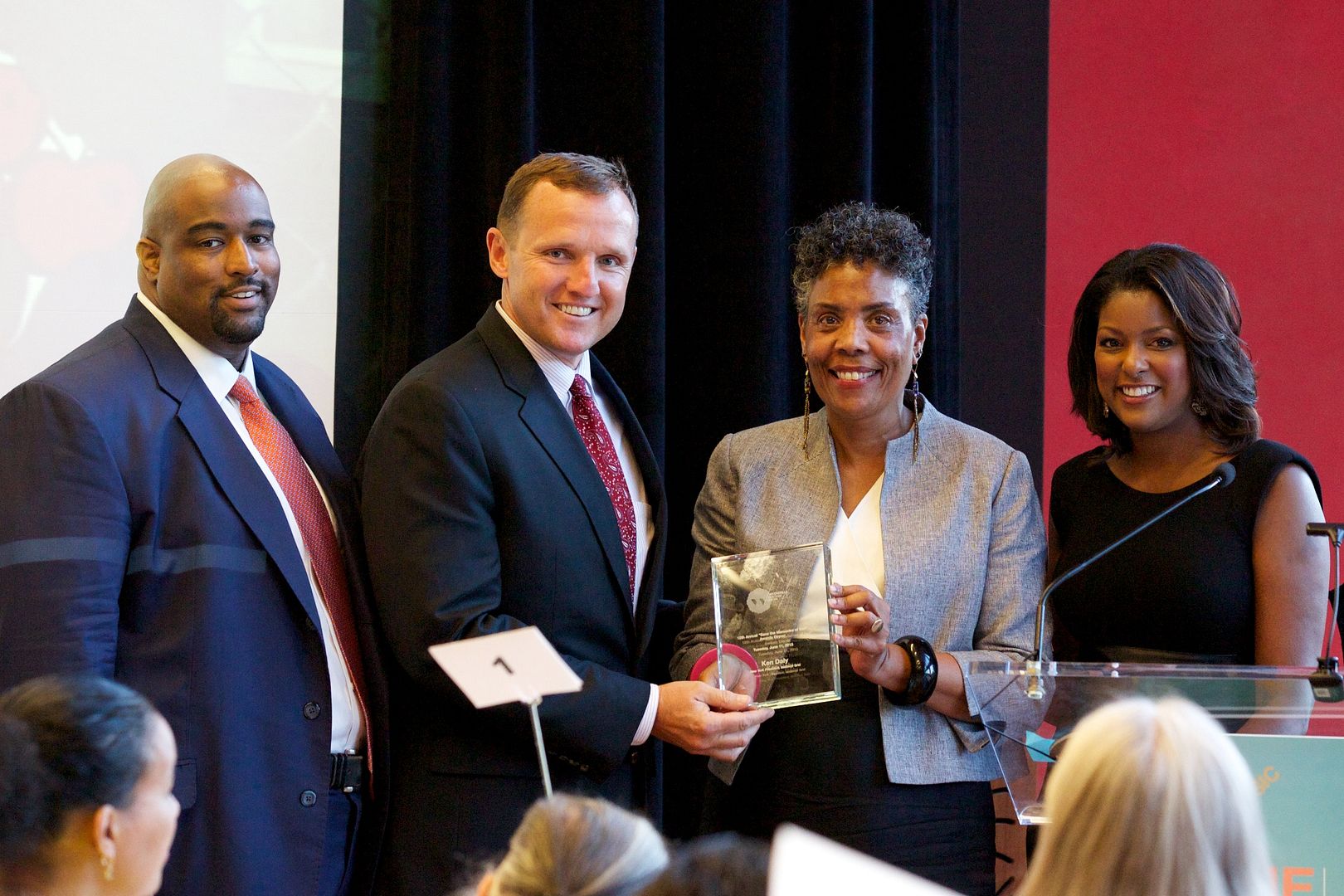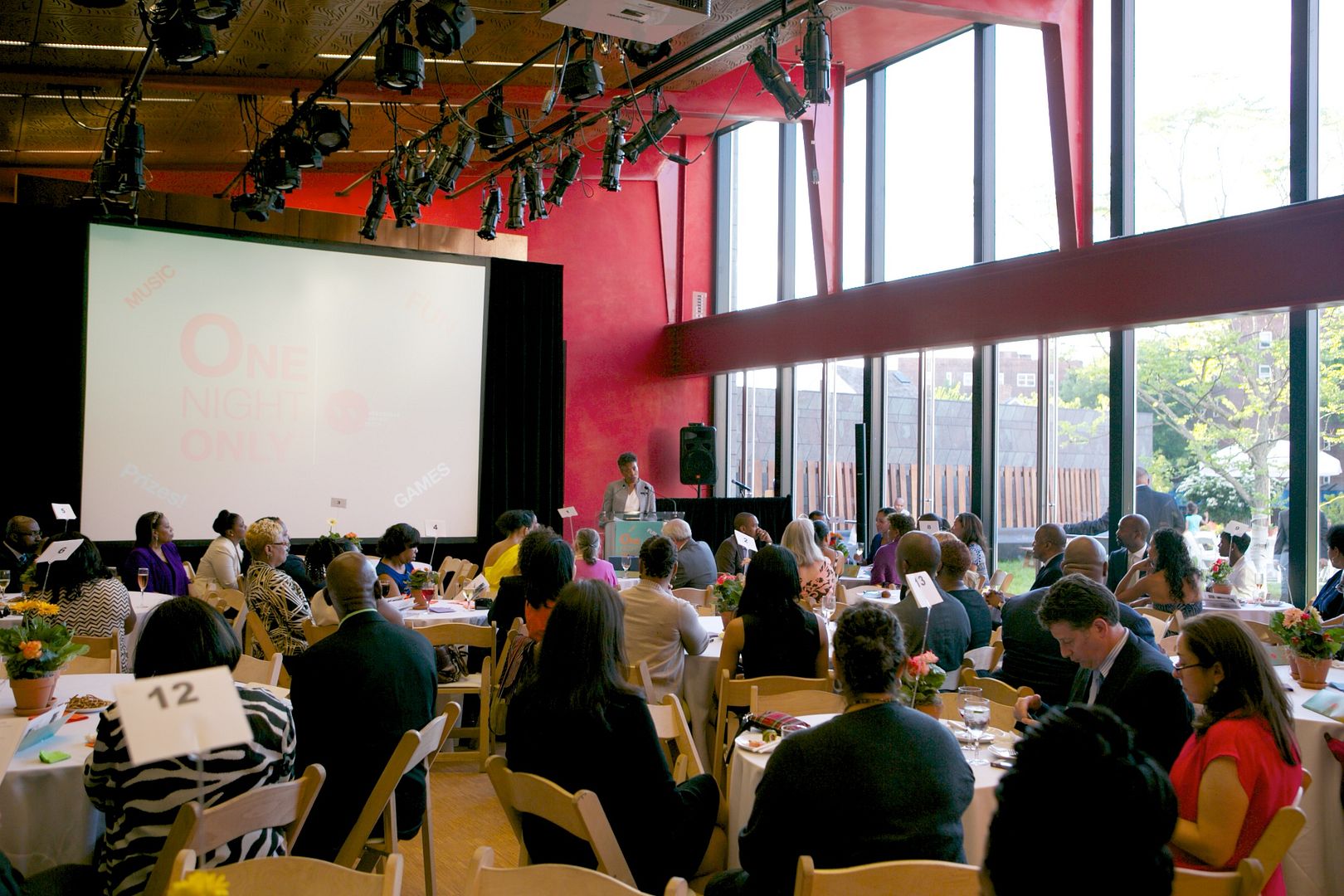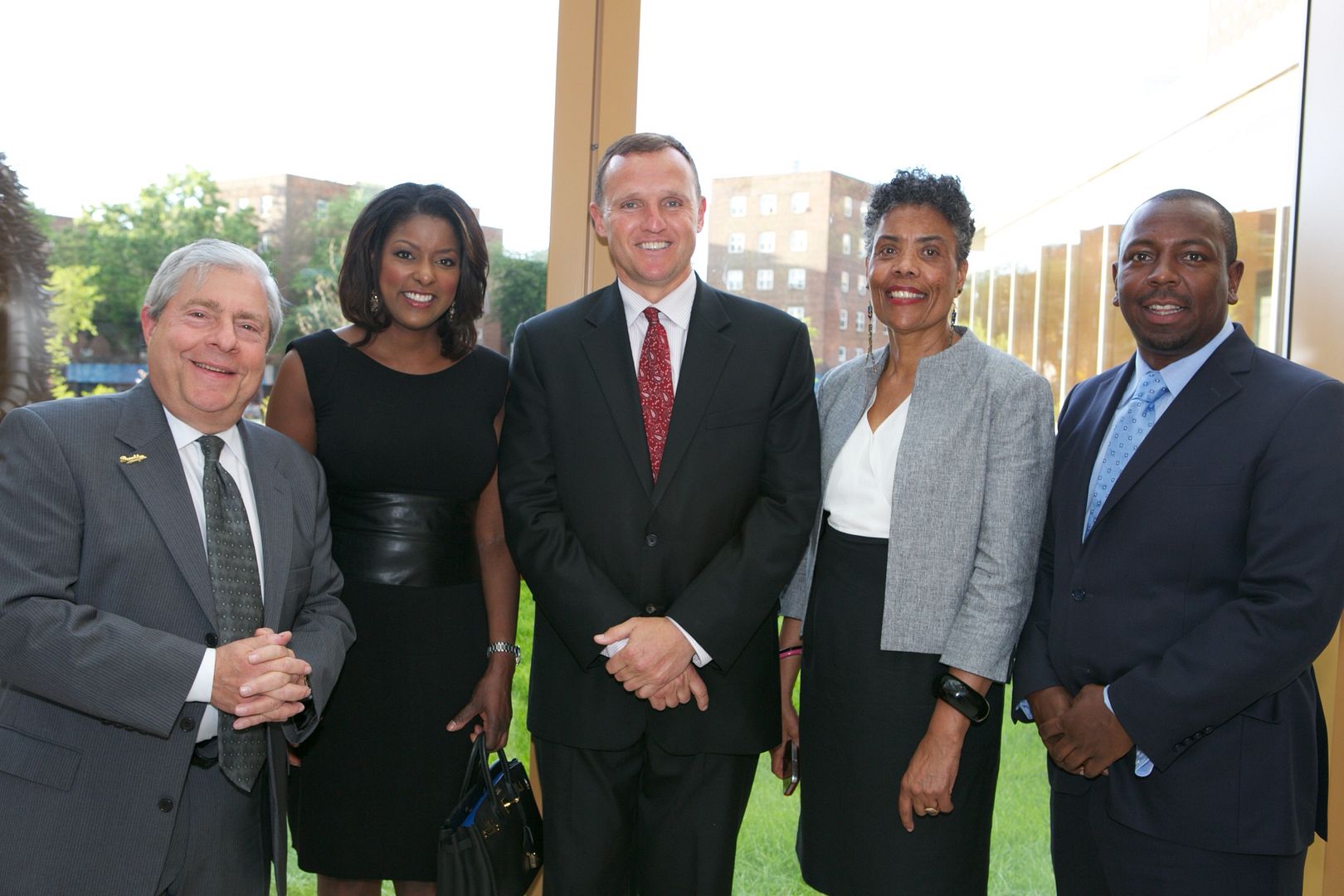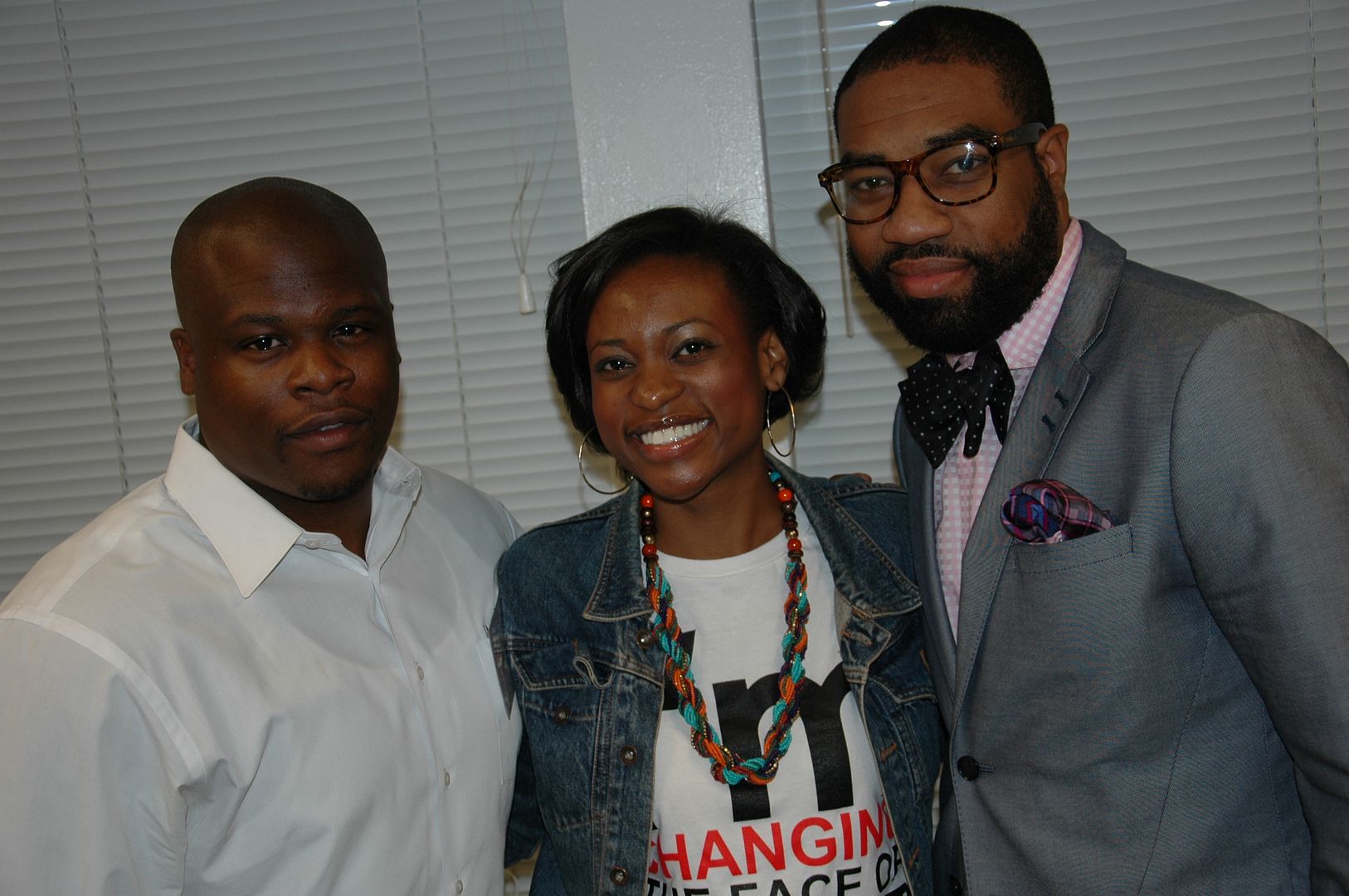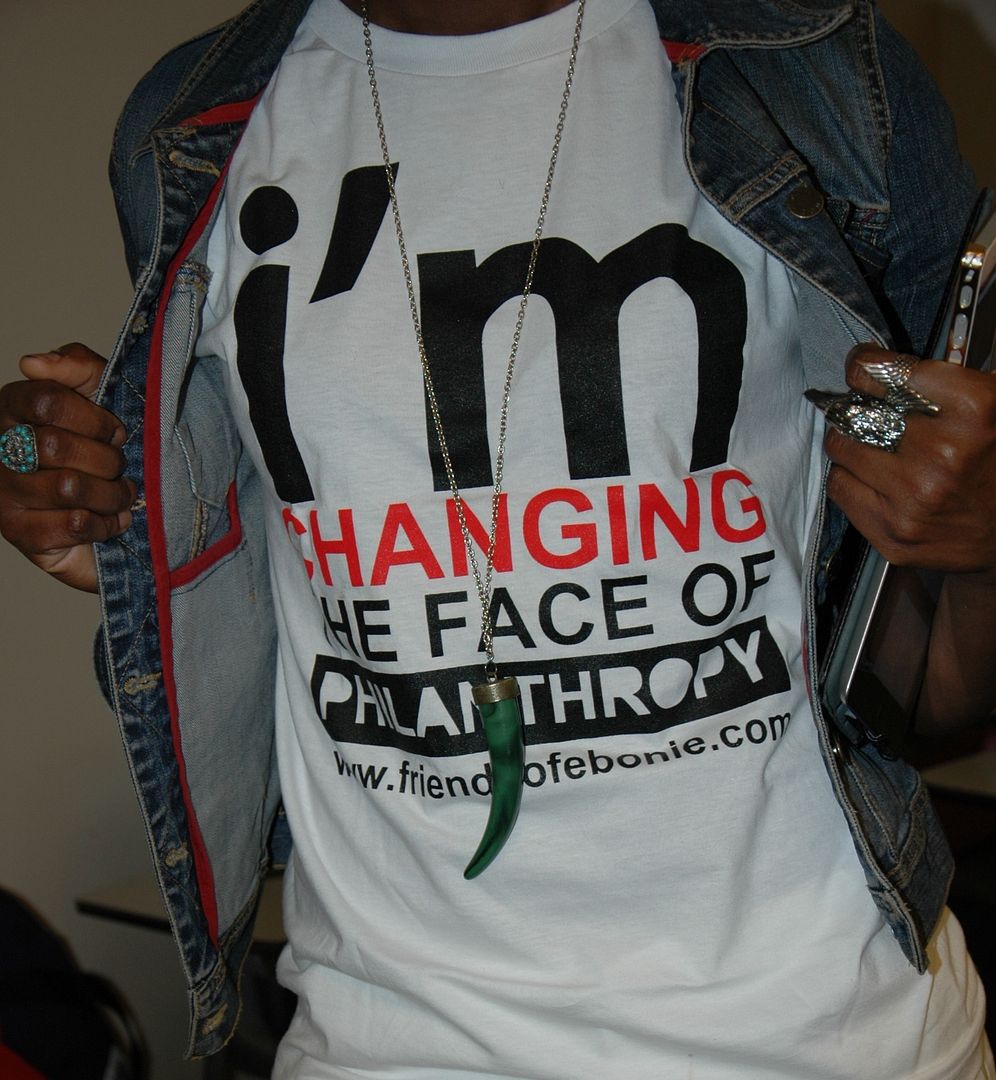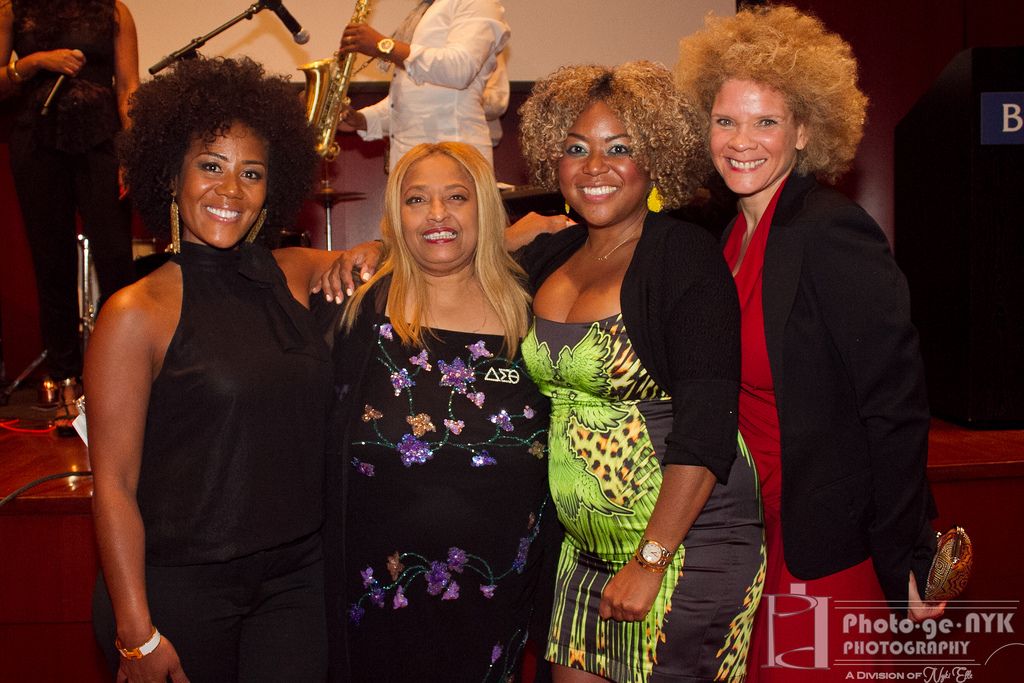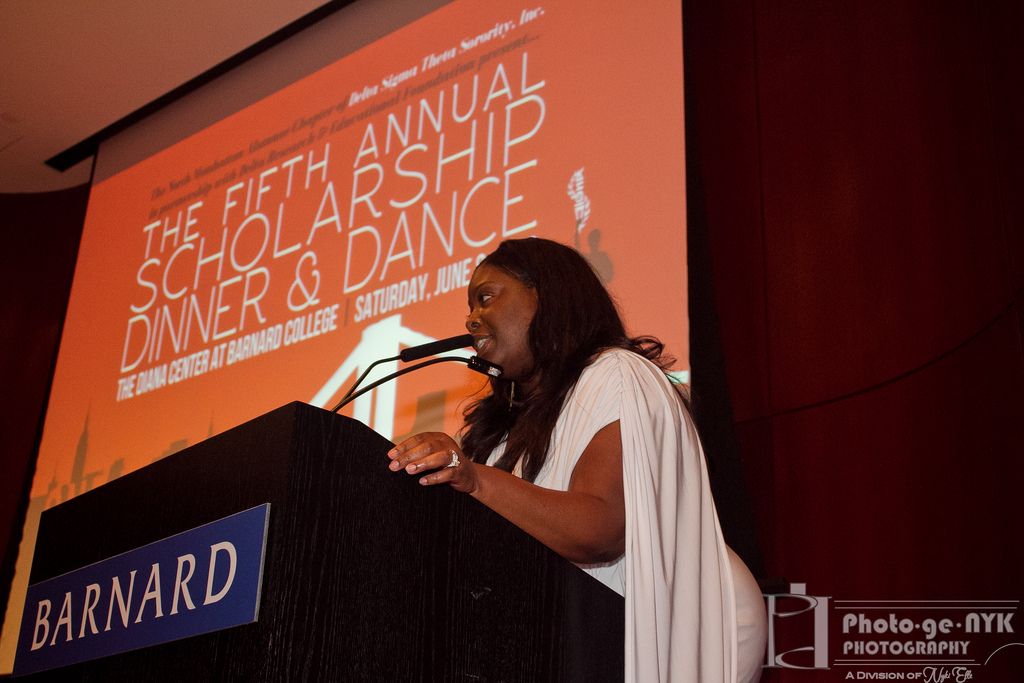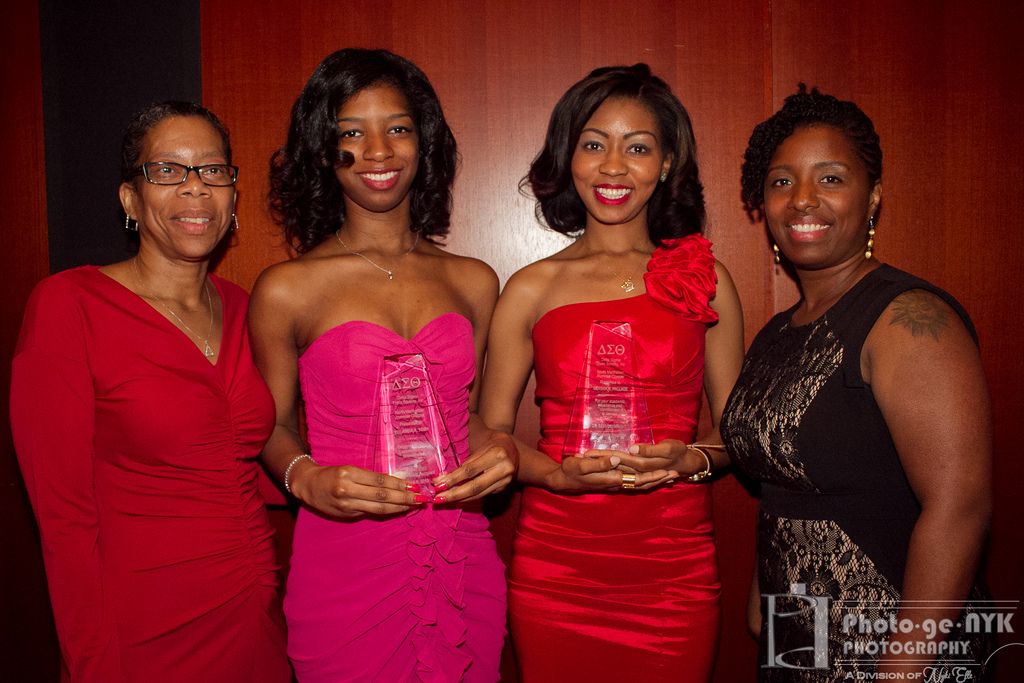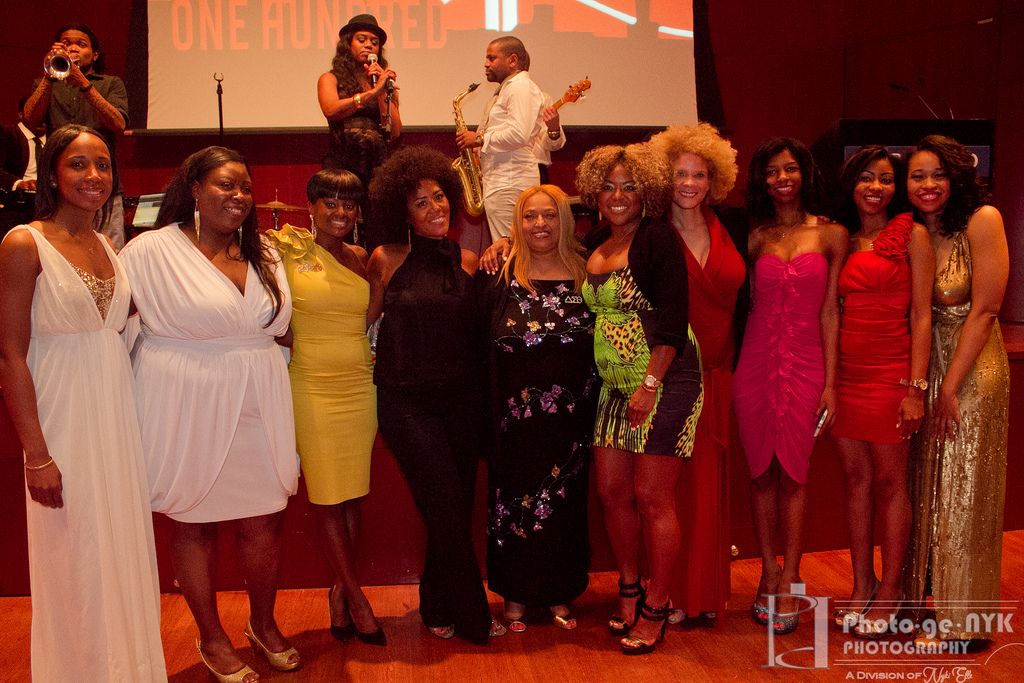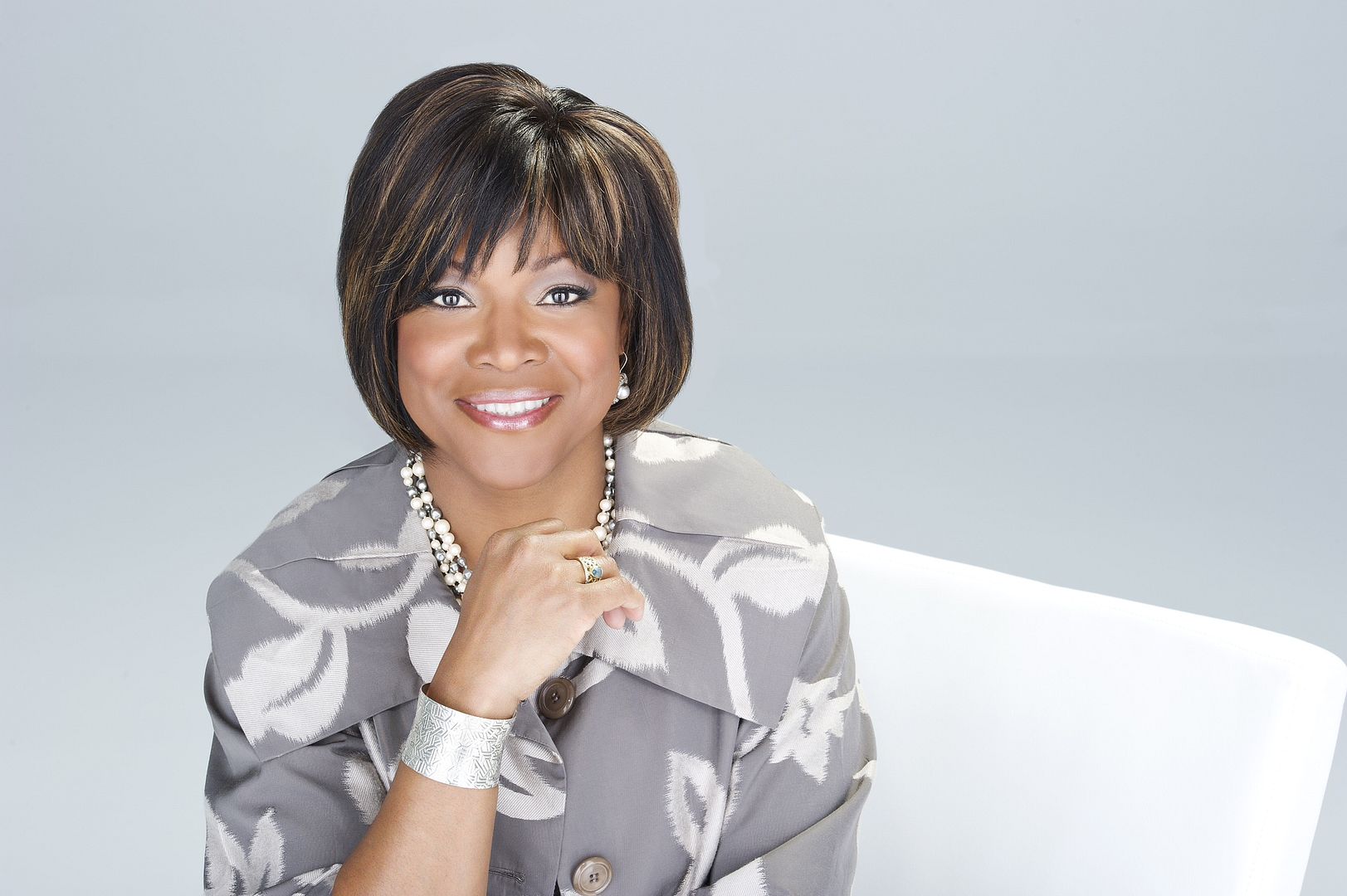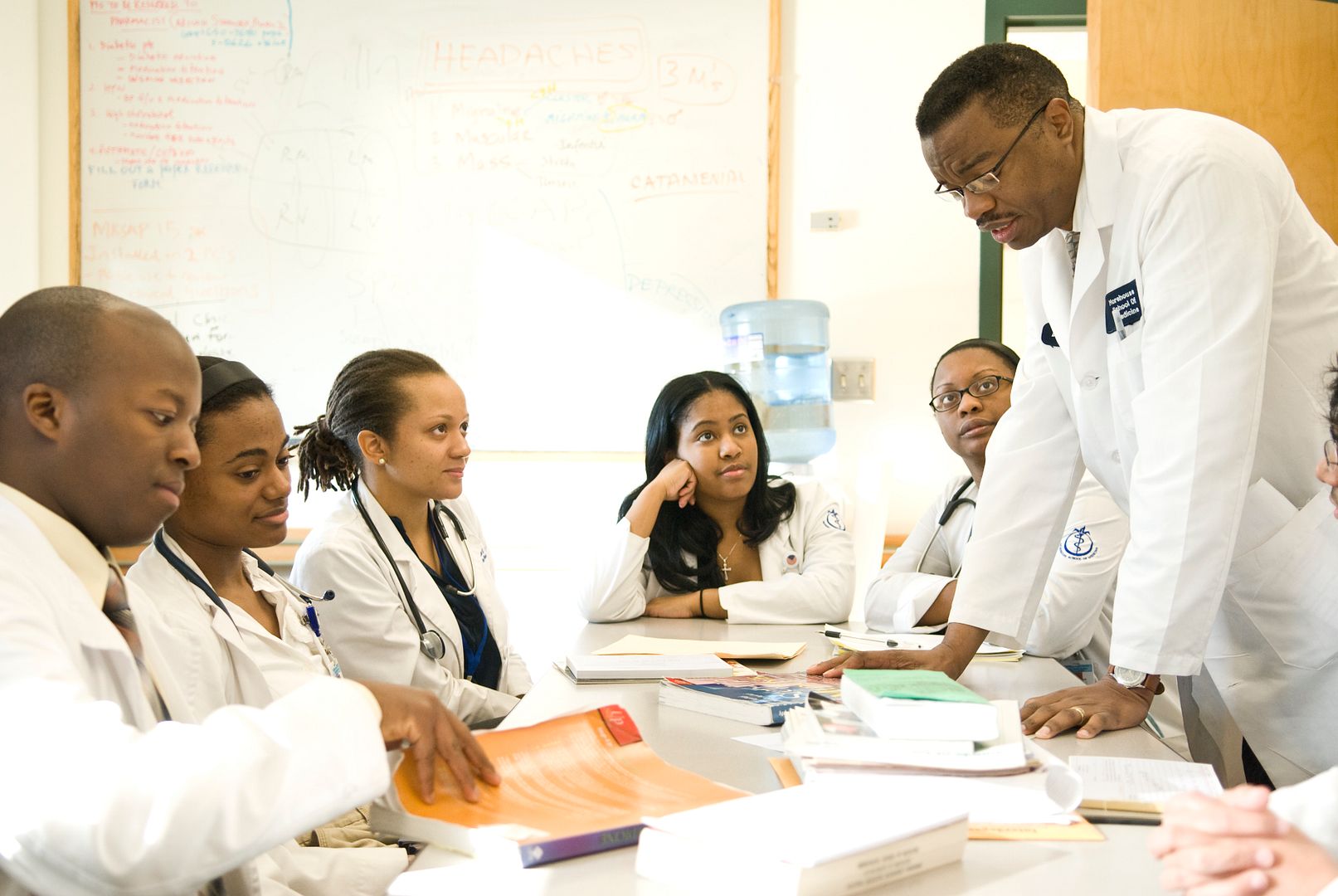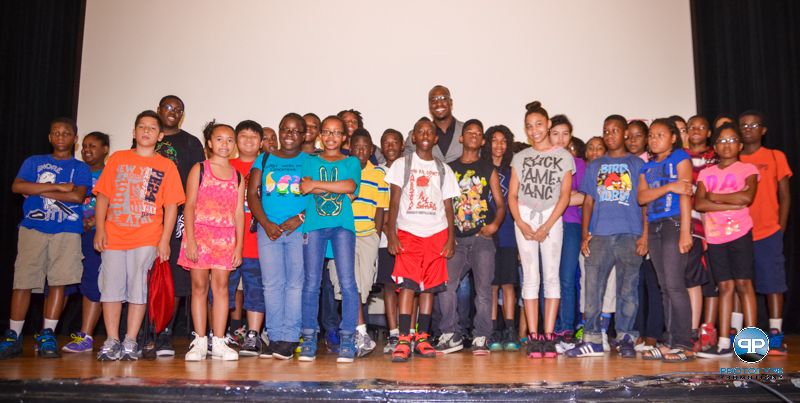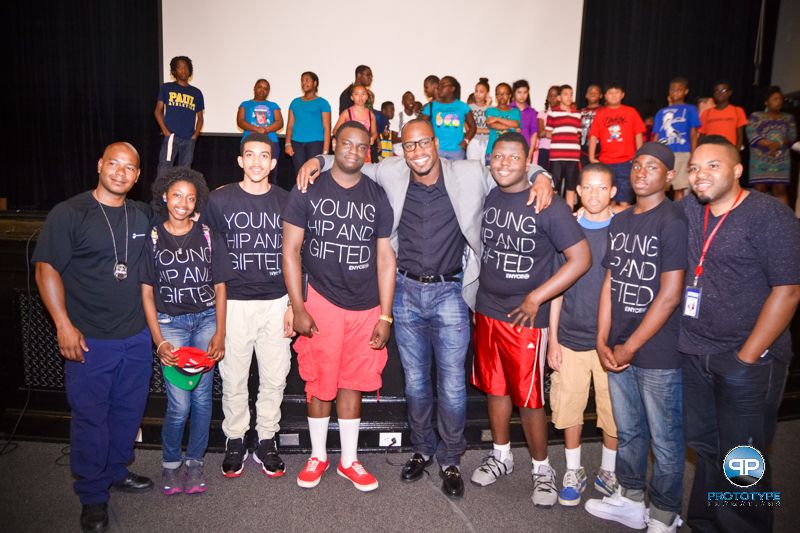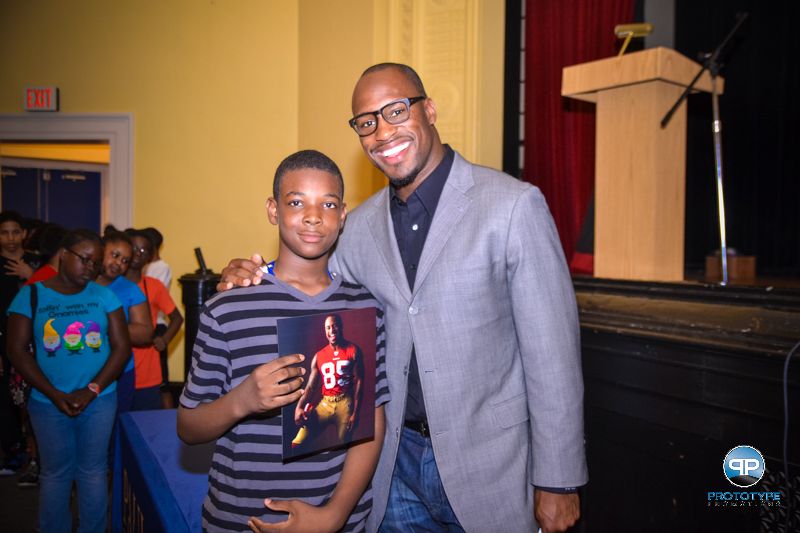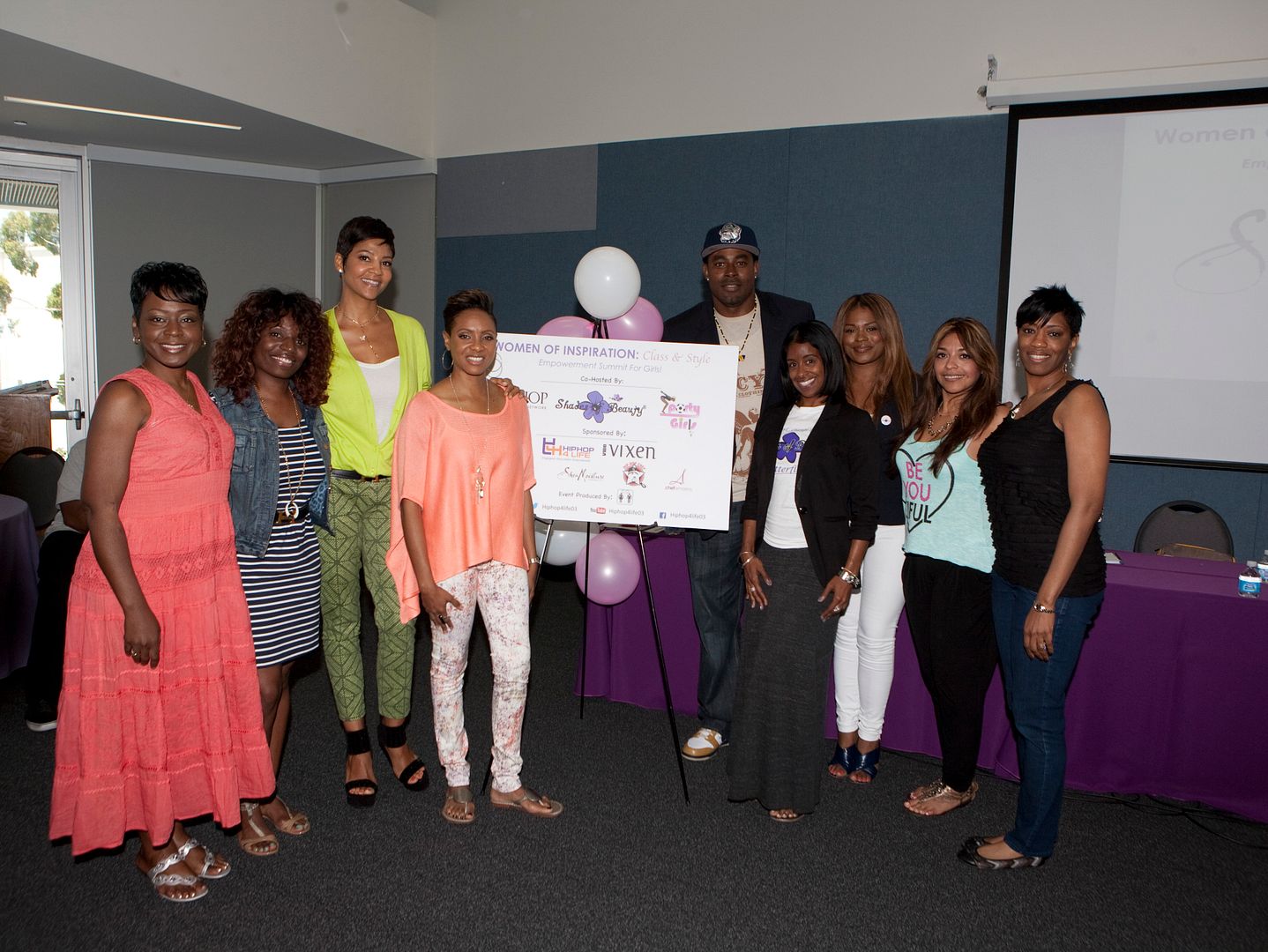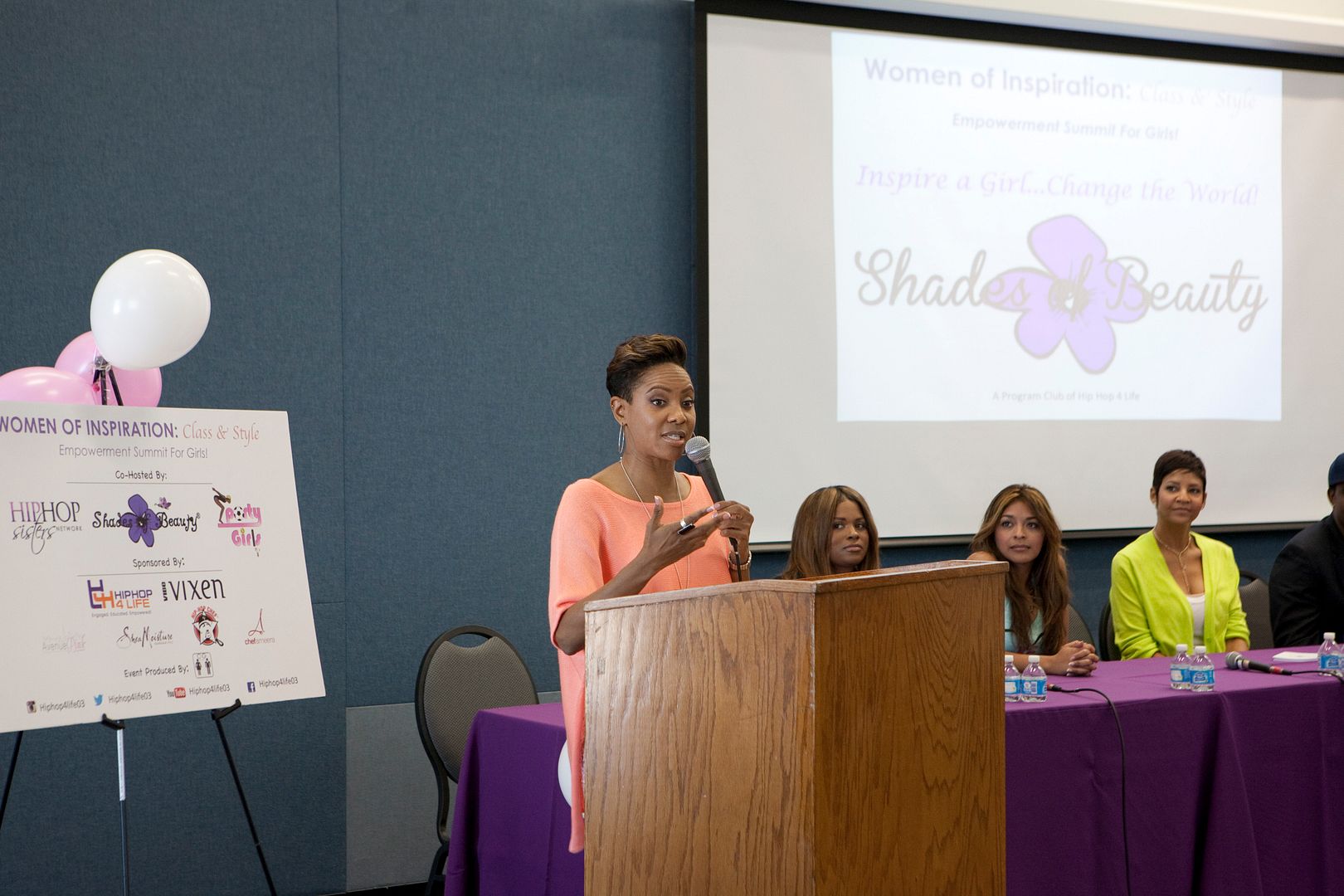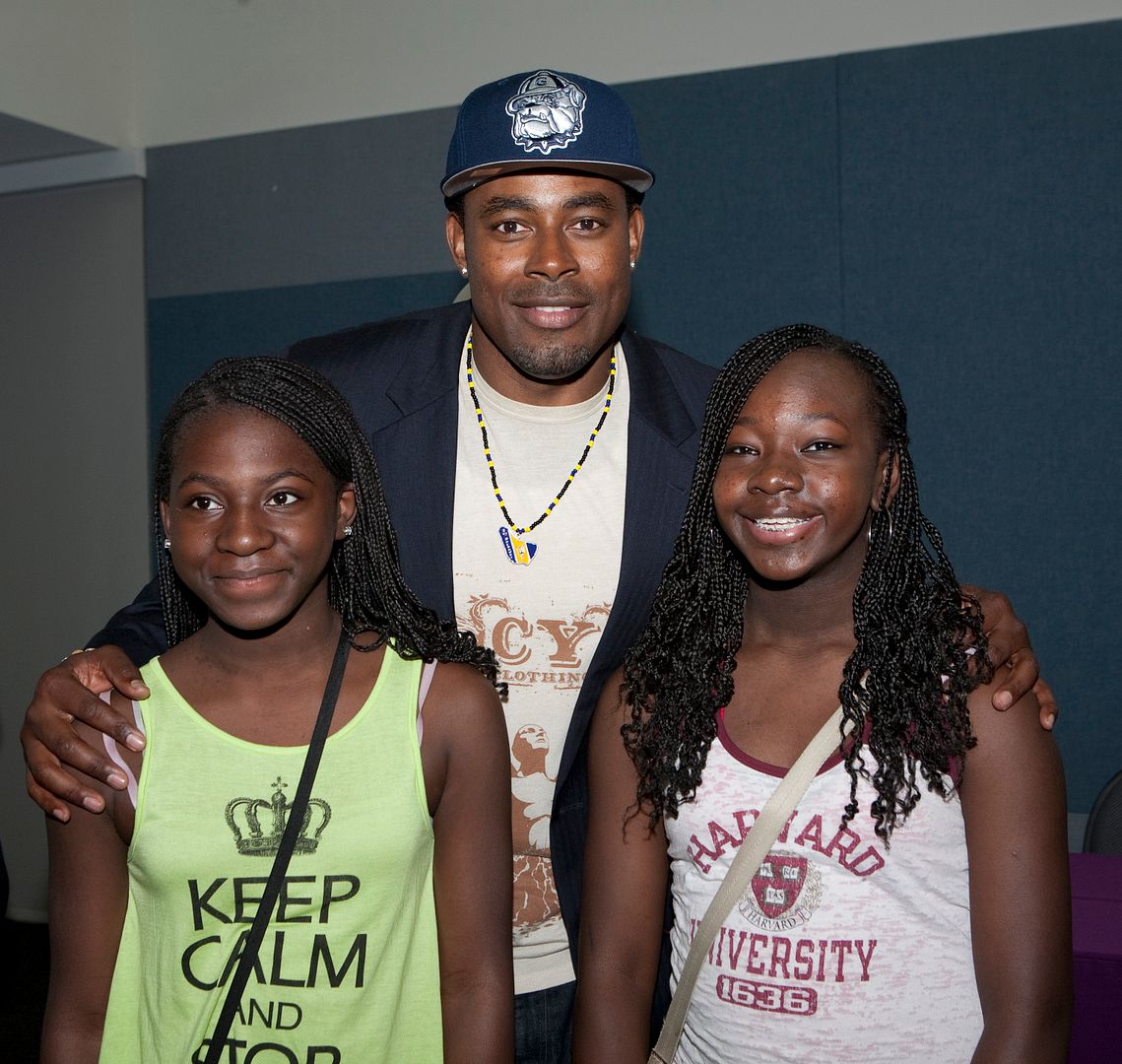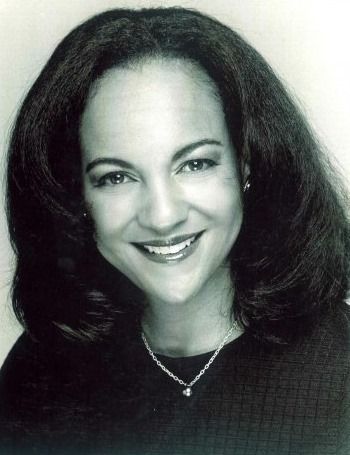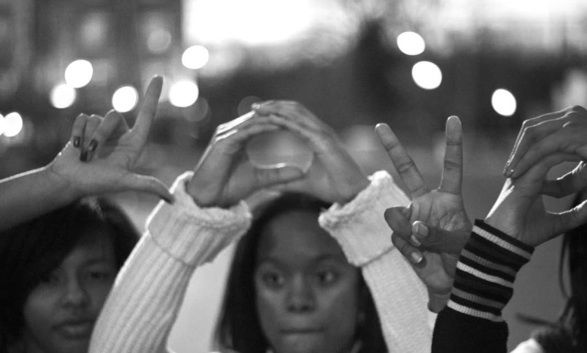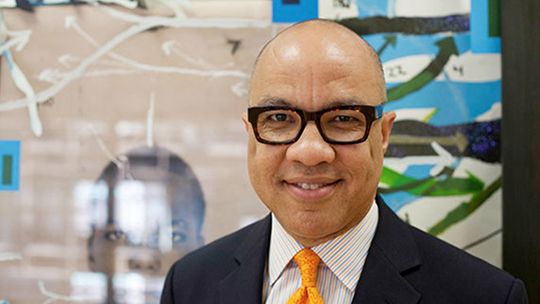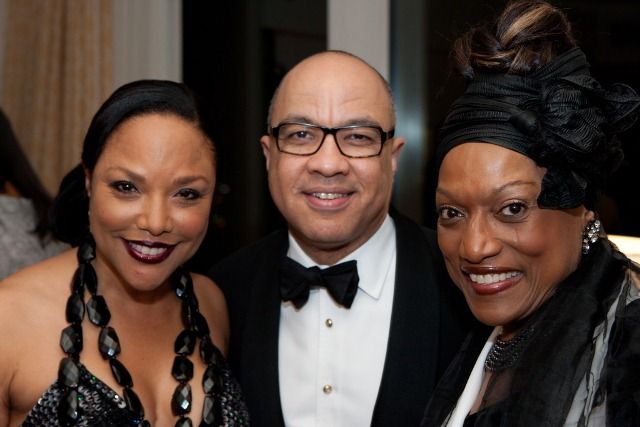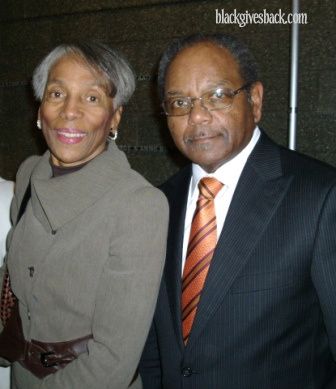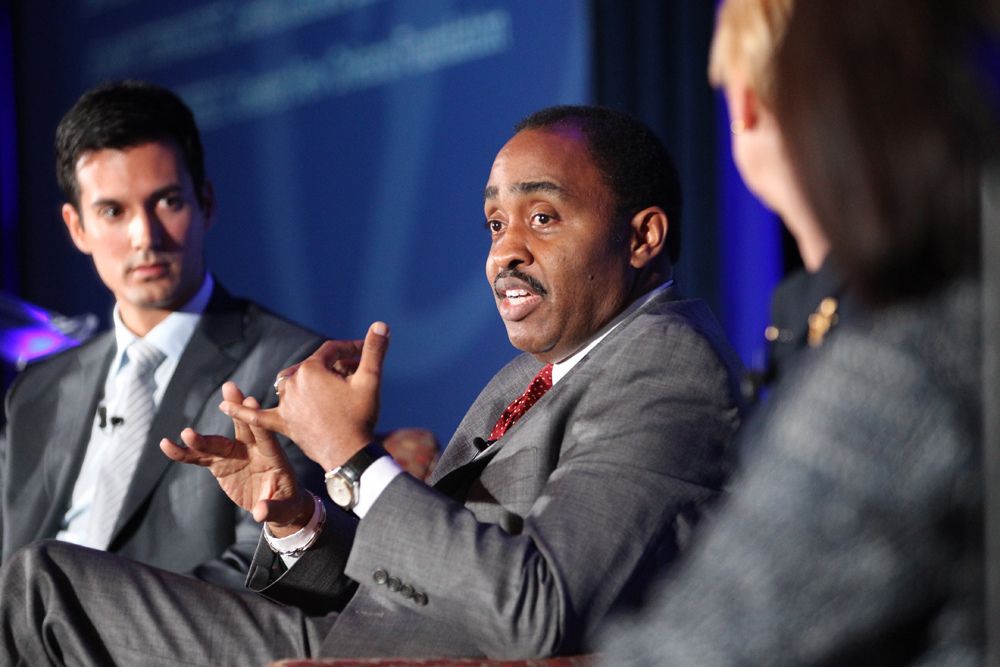![photo VMRmidshot2_zpse8fc02bd.jpg]() Dr. Montgomery Rice to become nation’s first African American woman to lead an independent medical school
Dr. Montgomery Rice to become nation’s first African American woman to lead an independent medical school
Did you know that Morehouse School of Medicine (MSM) is the first medical school established at an HBCU in the 20th century? The school will experience another first in July 2014, when Valerie Montgomery Rice, M.D., a Harvard-educated obstetrician and gynecologist, takes the helm as CEO. She will be the first African American woman to lead a free standing medical school. Currently serving as executive vice president and dean, Dr. Montgomery Rice will replace President John E. Maupin Jr., D.D.S. who will retire after a 30-year accomplished career in academic medicine, healthcare administration and public health. Dr. Montgomery Rice will retain the position of dean when she becomes president next year and continue amongst the ranks of the 16 percent of women serving as dean leading academic medical institutions.
“We are appreciative for the service and superior leadership Dr. Maupin displayed during his seven-year tenure as president,” said
Anthony Welters, chairman of MSM’s board of trustees, executive vice president of United Health Group and member of the office of the CEO. “Under Dr. Maupin’s guidance, the school has made significant advances, expanding academic programs and clinical affiliations, creating innovative partnerships, modernizing facilities, and strengthening the infrastructure to better support research, patient care and teaching.”
Art R. Collins, chairman of the board of trustees’ committee on transition and founding partner of the Collins Johnson Group shared, “During her tenure as dean, Dr. Montgomery Rice demonstrated her commitment to the mission and vision of the medical school. In our selection of Dr. Montgomery Rice as dean, the trustees looked at a long-term strategy. We believed the dean could ascend to leading the medical school and her current role would provide the necessary consistency to continue advancing the mission.”
Dr. Montgomery Rice spoke with BlackGivesBack about her future vision for MSM, shared her thoughts on the decreasing number of African American males applying to medical school and how MSM works to address this, and imparts an important message to black women.
Hometown: Macon, Georgia
Education: Bachelor’s degree in Chemistry, Georgia Institute of Technology; M.D., Harvard Medical School; Residency, obstetrics and gynecology, Emory University School of Medicine; Fellowship, reproductive endocrinologist and infertility, Hutzel Hospital, Detroit, MI; Executive Leadership in Academic Medicine program, Drexel University College of Medicine, Philadelphia, Pennsylvania
Honors/Awards: National Medical Association’s President’s Citation Award (2013), American Medical Women’s Association, Elizabeth Blackwell Award (2011), Recipient of the Working Mother Media Multicultural Women’s Legacy Award (2011) Recipient of the Maternal Infant Health Outreach Program Award (2009 - 2010) and Vanderbilt University, Maternal Infant Health Outreach Worker (MIHOW) Mentorship Award (2009) and The Links, Inc. Portia Searcy Award (2007)
What is the future direction for MSM?
We are a community based academic health center that was founded to address the physician shortage in the state of Georgia, to diversity the healthcare workforce and work toward the elimination of health disparities. We’ve been doing this work for over 30 years and I am very proud to say that we are at a point to significantly expand our platform. We will expand our class size, from a class of 70 to 100 by 2015 and diversify our portfolio of health care providers.
We have enjoyed a wonderful relationship with Grady Memorial Hospital and we’re looking to expand that partnership for our students. So we’ll diversify who we engage with, expand our relationships, look for new partners, and become more innovative by using technology across our four focus areas that include clinical trials and patient centered research.
![photo MSMstudents2_zps099cf771.jpg]() Morehouse School of Medicine studentsThe Association of American Medical Colleges’ report on medical education diversity cited the decreasing number of African Americans males applying to medical school. What are your thoughts on this and how is MSM addressing it?
Morehouse School of Medicine studentsThe Association of American Medical Colleges’ report on medical education diversity cited the decreasing number of African Americans males applying to medical school. What are your thoughts on this and how is MSM addressing it?
We have known this was coming down the pipeline. It’s not hard to figure out, that if you have fewer males, particularly African American males who are making it to middle school, fewer who are graduating from high school and fewer who are applying to college, then eventually it will impact the number applying to any type of graduate program. Our strategy for changing this has to begin early on in the 4th grade.
As a part of what you will see as a strategy for class expansion is our
pipeline programs. Over the last 18 months we did a total review of these programs and looked at which ones have measurable outcomes and milestone successes that we can document. We looked at our
Ben Carson program, which takes youth from 4-8th grades and asked ourselves, does this intervention make a difference? The intervention is exposing them to science and what research looks like but not conducting a research project. We then asked the question, can we impact students that have a “B” average in math or science and if they will make it out of middle school? That’s the outcome. Another pipeline program takes students from 8-12th grades, a similar intervention but at a higher level, helping them with science projects and applying to college. What we’re trying to impact is maintaining their interest in science and then looking at high school graduation rates.
So now we have a pathway - accomplishments and milestones that show they are making progress. That is the number one challenge for our students – confidence. Confidence that they are prepared to be successful because we’re not expecting anything less from them. We’re not giving them high end goals such as, “You have to go to medical school” or “You have to get your Ph.D.” We’re saying, “Hey young man, we want you to maintain a B in this math class,” and “Hey young man, we just want you to have a science project in the science fair.” The way we’re going to make a difference is by engaging students early on. And we have to set realistic goals for them to accomplish, milestone accomplishments that lead to major accomplishments such as graduating from college, going to graduate school, becoming a M.D. or Ph.D., social worker or nurse practitioner - all of those things are possible.
You have extensive experience with women’s health as the founder and former director of the Center for Women’s Health Research at Meharry Medical College. What message do you have for African American women with regards to their health?
We need to take better care of ourselves. The obesity crisis is a black women’s health crisis. Over 55 percent of all African American women are documented as overweight. To me, what this says is we’re not taking as good care of ourselves like we should. If we really want to be impactful and effective, we have to take care of our health. We also need to stop glorifying our “junk in the trunk” and understand how this issue impacts our ability to be competitive and effective. I encourage women to be honest, do some self-reflection and recognize that your health will limit your ability to be successful.
Are there opportunities for the public to get involved and give back to MSM?
Yes! In six months MSM will begin a capital campaign and we will cultivate relationships for people to contribute to the campaign via our
website. We have an annual giving fund that helps support unrestricted operations and of course there are a lot of scholarship opportunities for people to donate to.
There are multiple opportunities for people to donate time. Six months ago we launched a mobile research van that is one of few in the nation that travels to communities and conducts research trials. There’s also volunteer opportunities at our health fairs and to participate in our clinical trials. Visit
msm.edu to learn more.
![]()
